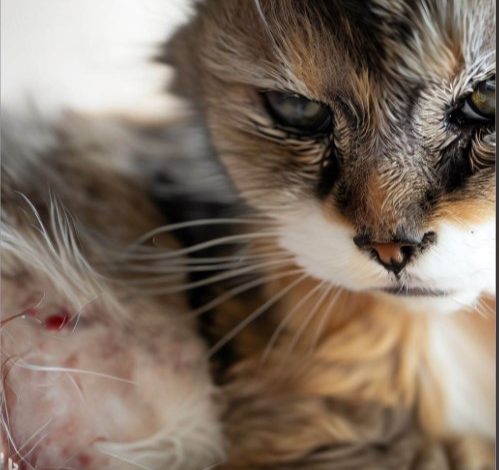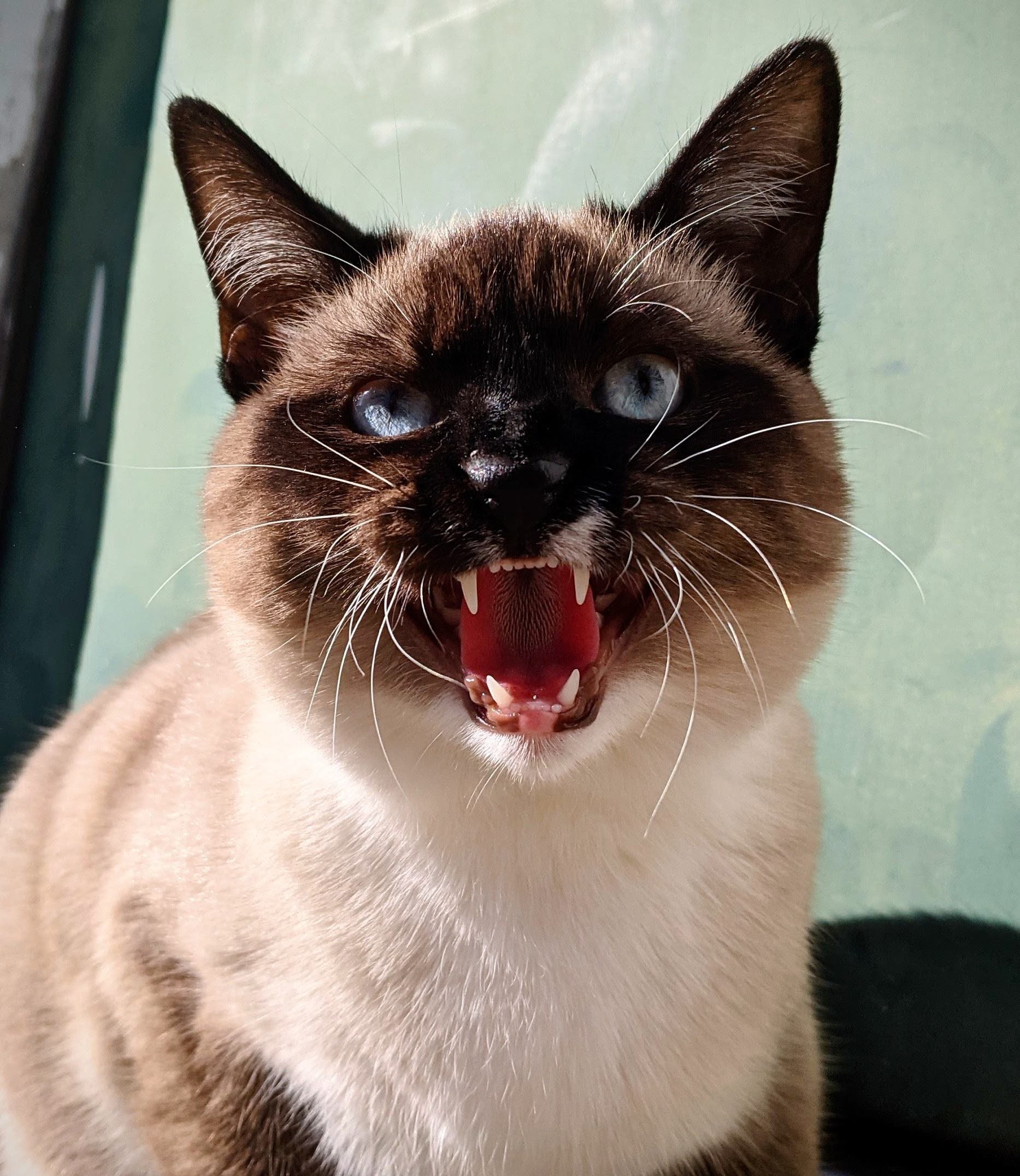When to Euthanasia Cats with Intestinal Cancer

Intestinal cancer is a serious condition that can affect our beloved cat friend. As responsible pet owners, it’s crucial to be aware of the signs, treatment options, and difficult decisions that may arise when facing this diagnosis. In this article, we’ll delve into the various aspects of intestinal cancer in cats, focusing on when euthanasia becomes a consideration. By understanding the disease and seeking professional guidance, we can ensure our furry friends receive the care they deserve. SULLPET
When to Euthanasia cats with intestinal cancer?
Deciding when to consider euthanasia is a deeply personal and difficult decision. Factors to consider include your cat’s quality of life, the aggressiveness of cancer, and its ability to experience joy and comfort. Engage in open and honest discussions with your veterinarian, who can provide valuable insights and guidance throughout this challenging process.
When contemplating euthanasia, consider your cat’s pain and suffering, their ability to engage in activities they once enjoyed, and their overall well-being. Balancing the benefits of treatment against your cat’s quality of life is essential, ensuring you prioritize their comfort and dignity above all.
Also Read: Cat Mammary Cancer: When to Euthanize
Signs and symptoms of intestinal cancer in cats?
When it comes to intestinal cancer, early detection is key. Look out for symptoms such as persistent vomiting, diarrhea, weight loss, lack of appetite, and changes in behavior or litter box habits. If your cat exhibits any of these signs, it’s crucial to consult with a veterinarian promptly.
How is Intestinal Cancer Diagnosed in Cats?
Diagnosing intestinal cancer typically involves a series of tests, including blood work, imaging techniques like X-rays or ultrasounds, and sometimes, biopsies. Your veterinarian will work closely with you to determine the most appropriate diagnostic approach for your cat’s specific case.
Are treatment options available for cats with intestinal cancer?
Treatment options for intestinal cancer in cats may include surgery, chemotherapy, radiation therapy, or a combination of these approaches. The best course of action will depend on factors such as the cancer’s stage, location, and your cat’s overall health.
Discuss with your veterinarian to explore the treatment options that offer the highest chances of success while considering your cat’s well-being and comfort.
Also Read: How to Tell if Your Cat Has a Fever Without a Thermometer
How can I assess my cat’s quality of life while managing intestinal cancer?
Monitoring your cat’s quality of life is crucial when dealing with intestinal cancer. Consider factors such as pain levels, appetite, mobility, and overall happiness. Consult with your veterinarian regularly to evaluate your cat’s well-being and discuss pain management strategies or palliative care options if needed.
Indicators of Advanced Intestinal Cancer in Cats
In some cases, despite treatment, intestinal cancer may progress to an advanced stage. Look for signs such as severe weight loss, intractable pain, uncontrolled vomiting or diarrhea, and a significant decline in your cat’s overall condition. If the disease reaches this point, it may be necessary to consider end-of-life decisions.
Manage pain while dealing with intestinal cancer?
Pain management is paramount in caring for a cat with intestinal cancer. Your veterinarian can prescribe appropriate pain medications and recommend
supportive therapies to alleviate discomfort. Creating a peaceful and nurturing environment for your cat, filled with love and attention, can also contribute to their overall well-being.
Alternatives to euthanasia for cats with intestinal cancer?
In certain situations, alternative options may be available for cats with intestinal cancer. Hospice care, which focuses on providing comfort and support during the end-of-life stage, could be a viable choice. Discussing these options with your veterinarian will help you make the best decision for your cat’s individual circumstances.
What is involved in the euthanasia process for cats with intestinal cancer?
The euthanasia process involves a painless and peaceful passing for your beloved feline companion. Your veterinarian will explain the procedure, answer any questions you may have, and ensure you have the opportunity to say goodbye to your cat in a caring and compassionate manner.
How can I cope with the loss of my cat after euthanasia?
The loss of a cherished pet is undoubtedly heartbreaking. Allow yourself time to grieve and seek support from friends, family, or support groups specifically designed to help people through the loss of a pet. Remember the special moments you shared with your cat and celebrate the love and joy they brought into your life.
Conclusion
Intestinal cancer is a challenging condition to face, but by educating ourselves about the disease and seeking professional guidance, we can make informed decisions for our cats. Remember, each cat is unique, and the decision to consider euthanasia should be made with compassion and the utmost consideration for their well-being.
Together with your veterinarian, ensure that your beloved feline friend receives the care, comfort, and love they deserve throughout their journey with intestinal cancer.






One Comment